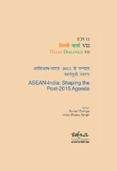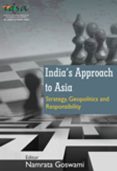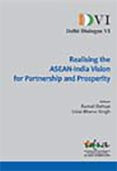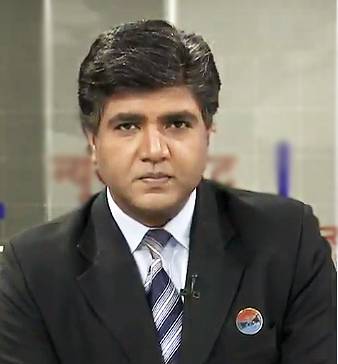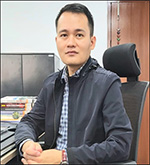Post-Coup Myanmar and India’s Response
India must continue to engage with the Tatmadaw, even as it supports the efforts of the UN and the ASEAN to restore democratic processes and prevent violence and conflict in Myanmar.
- Udai Bhanu Singh
- May 21, 2021

